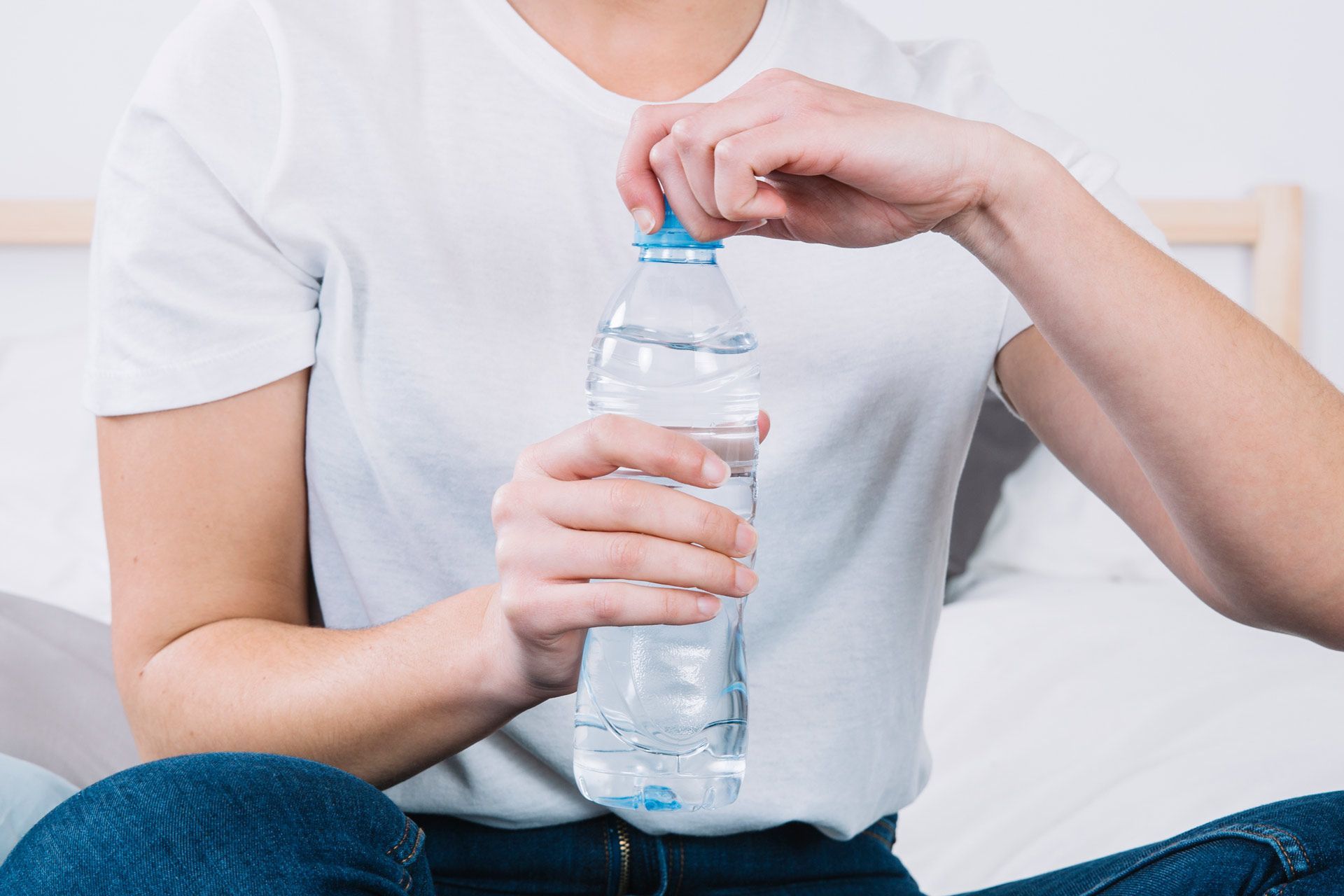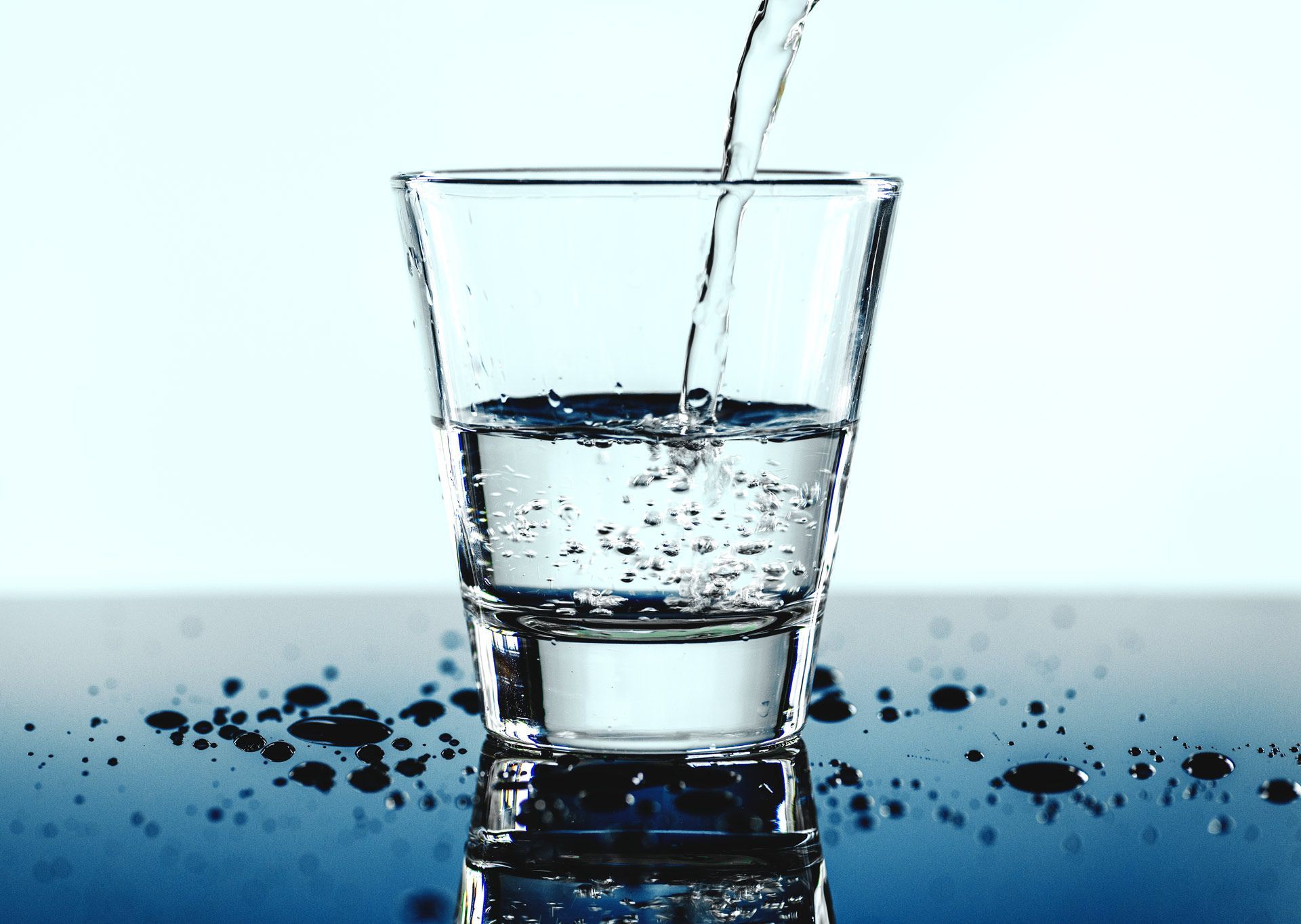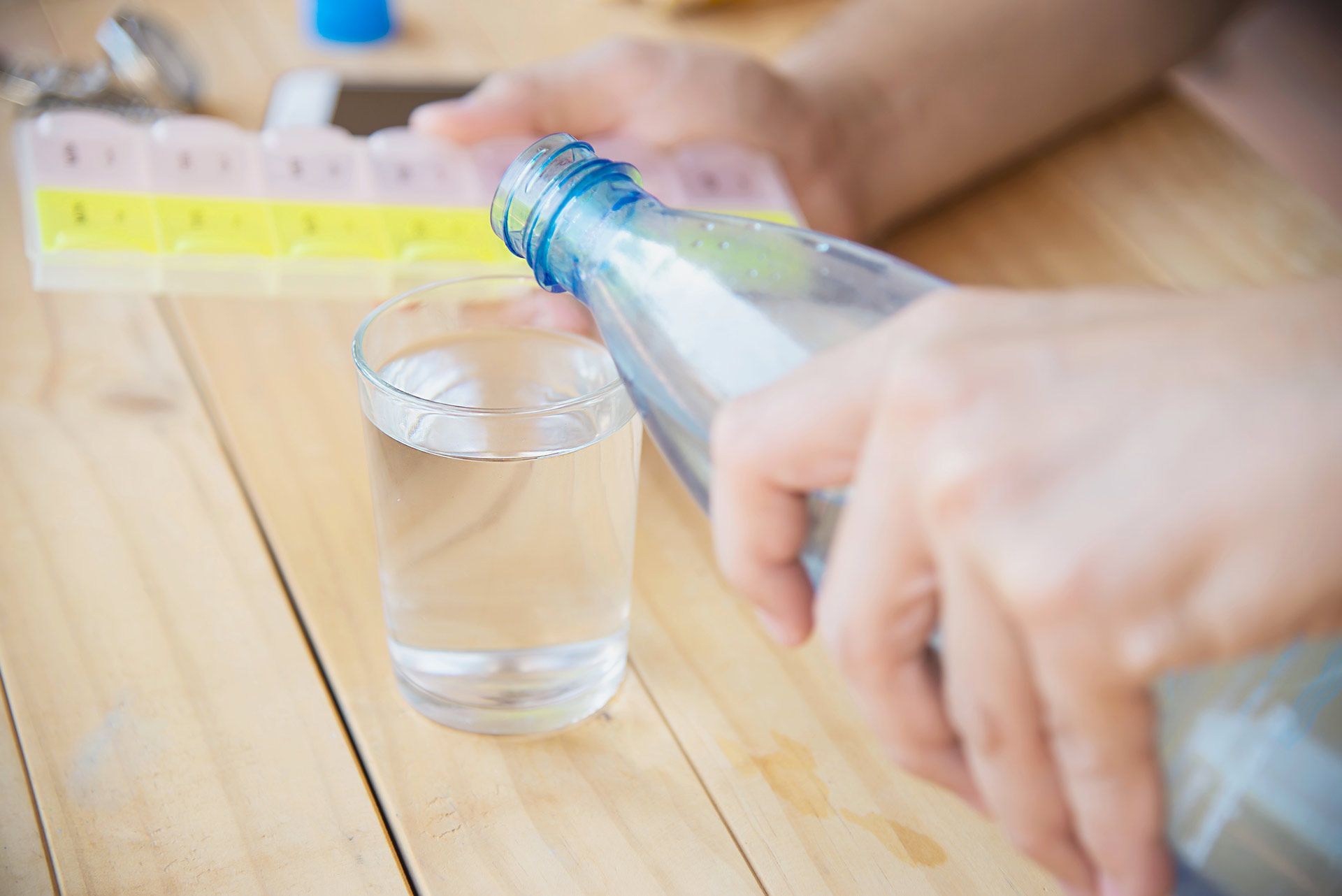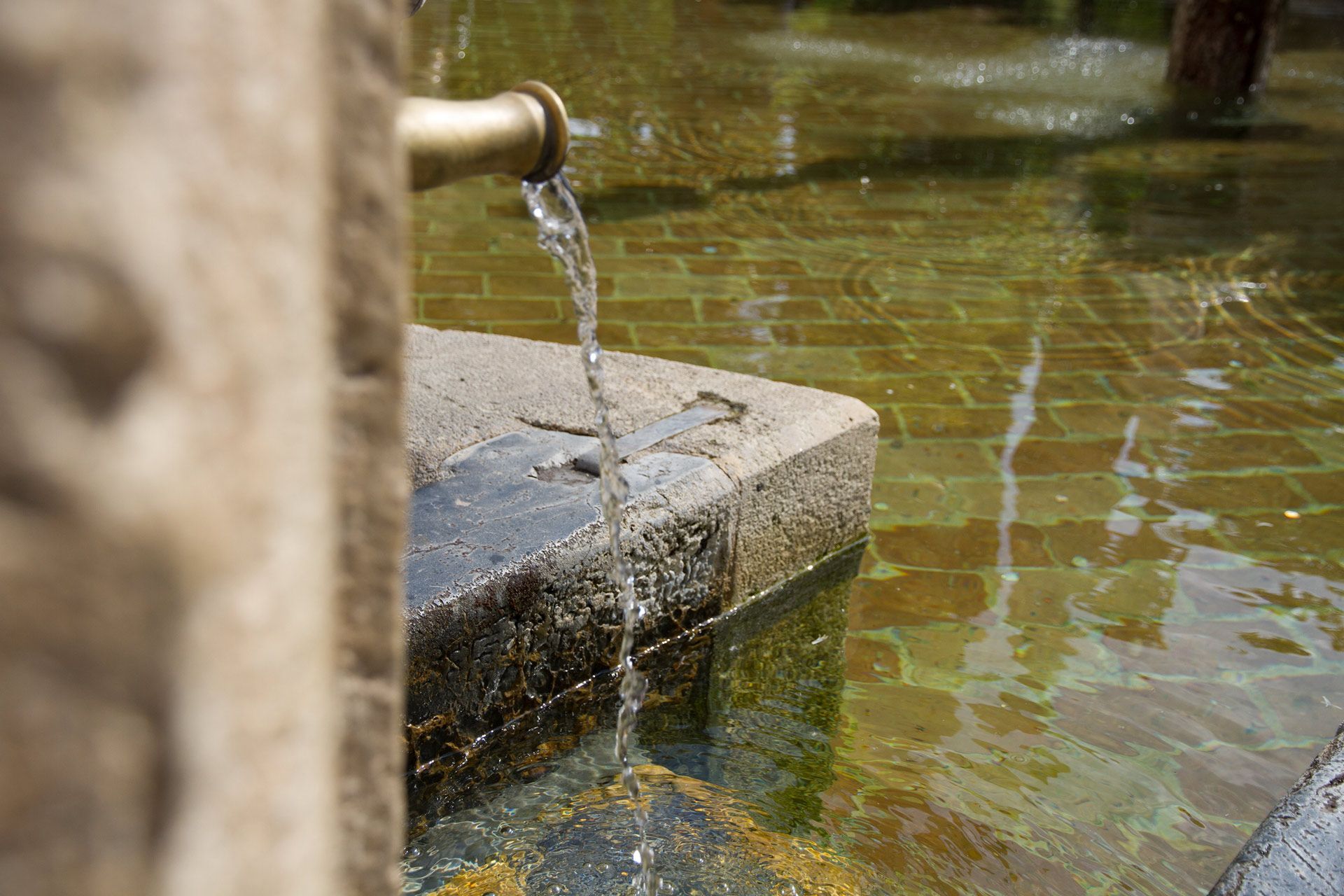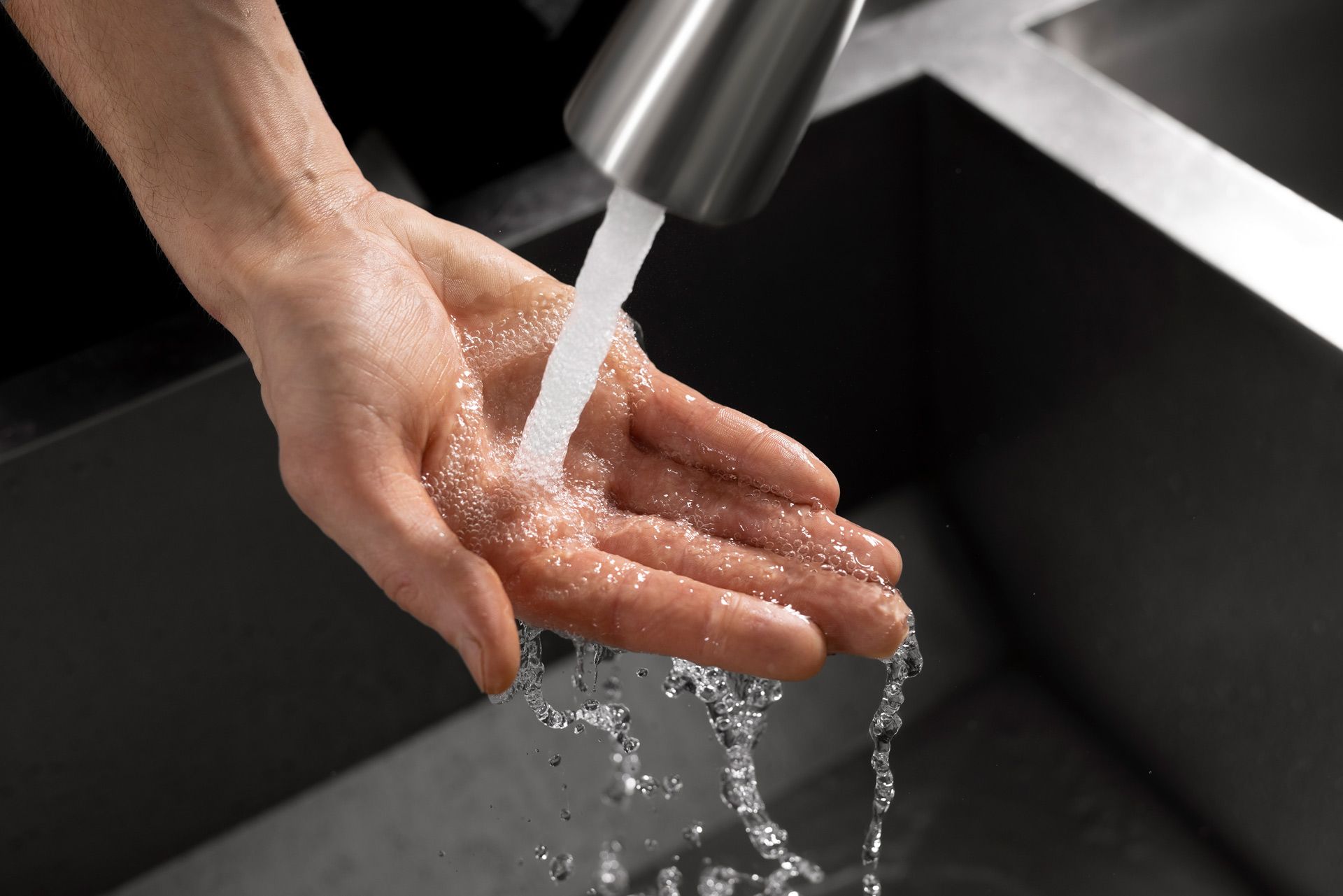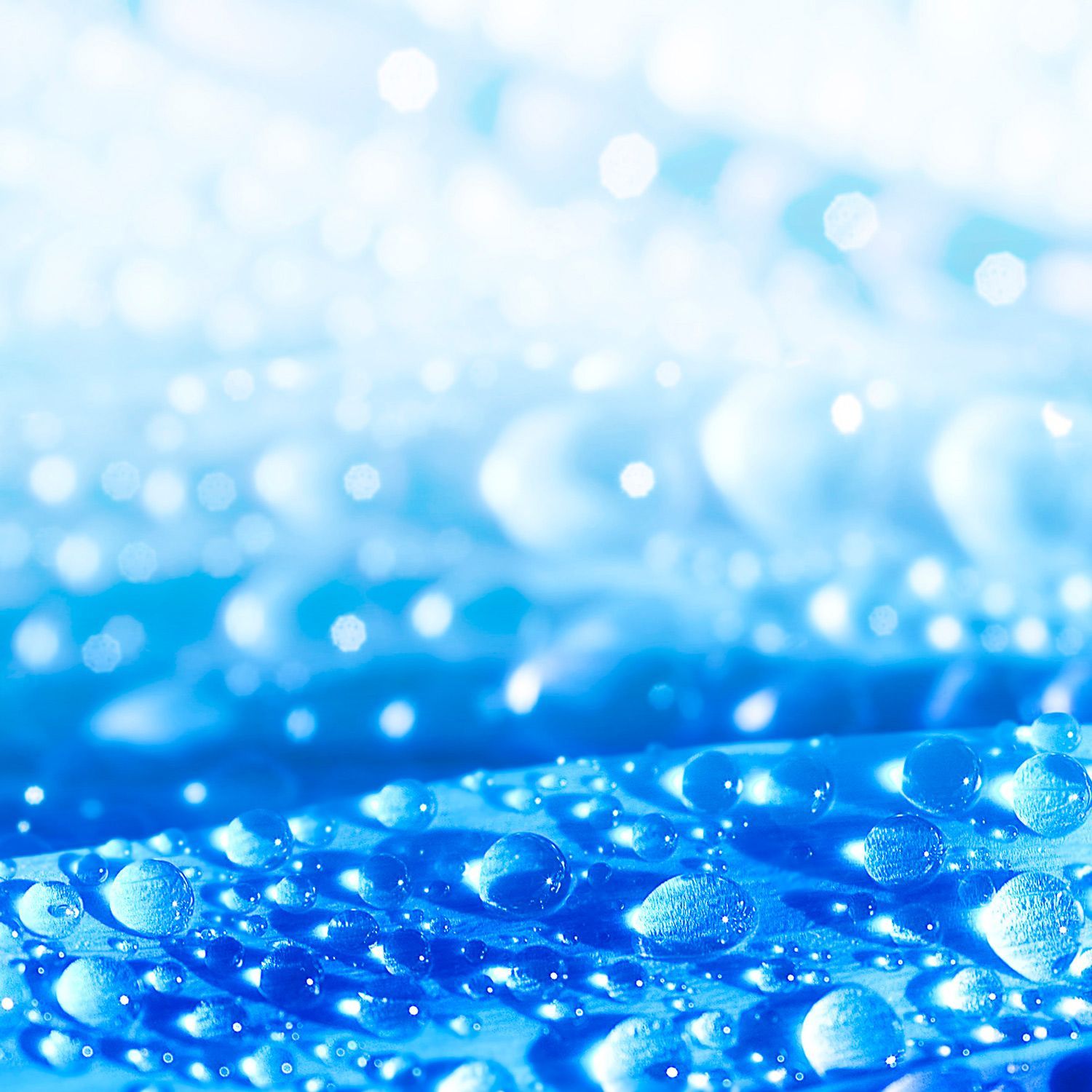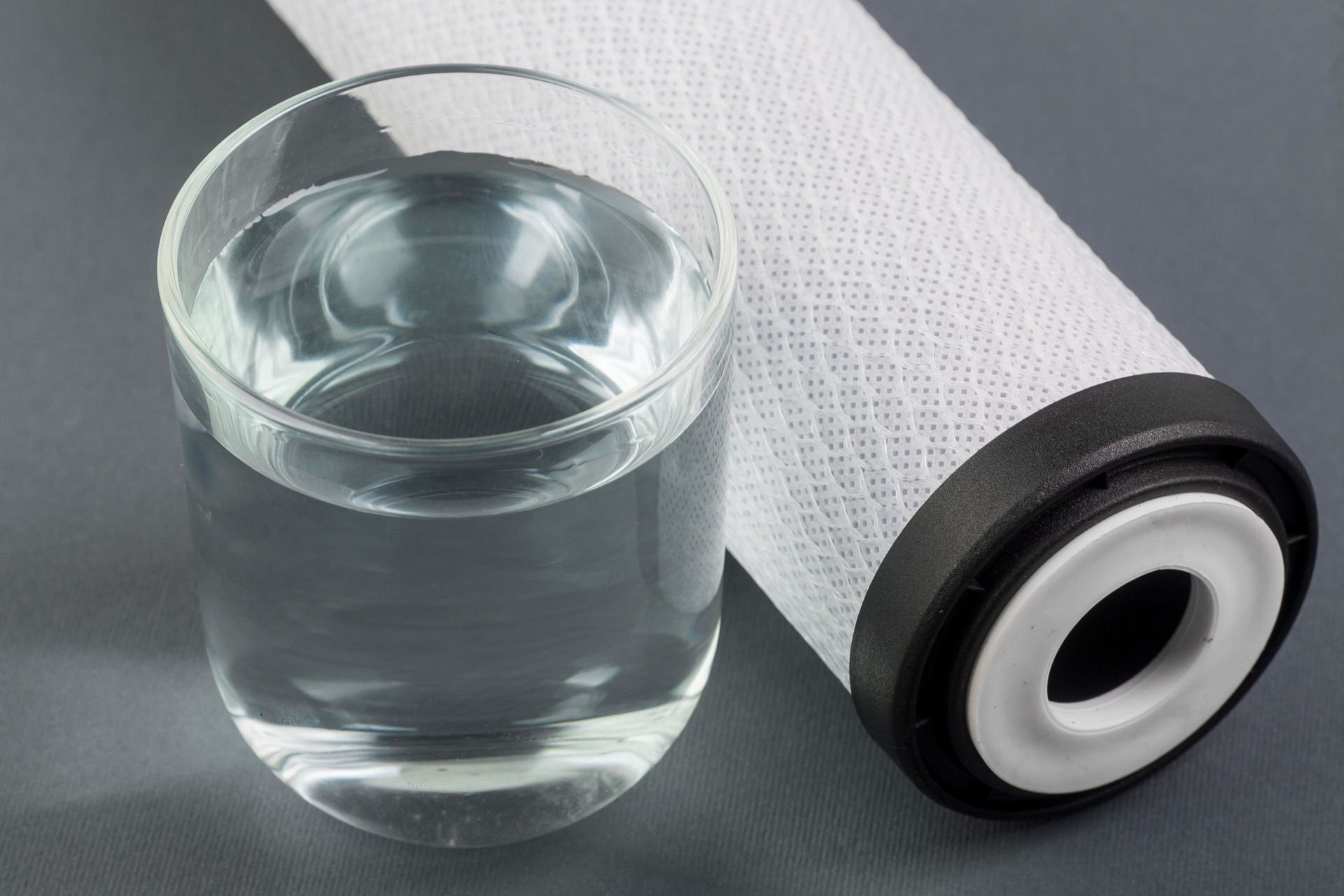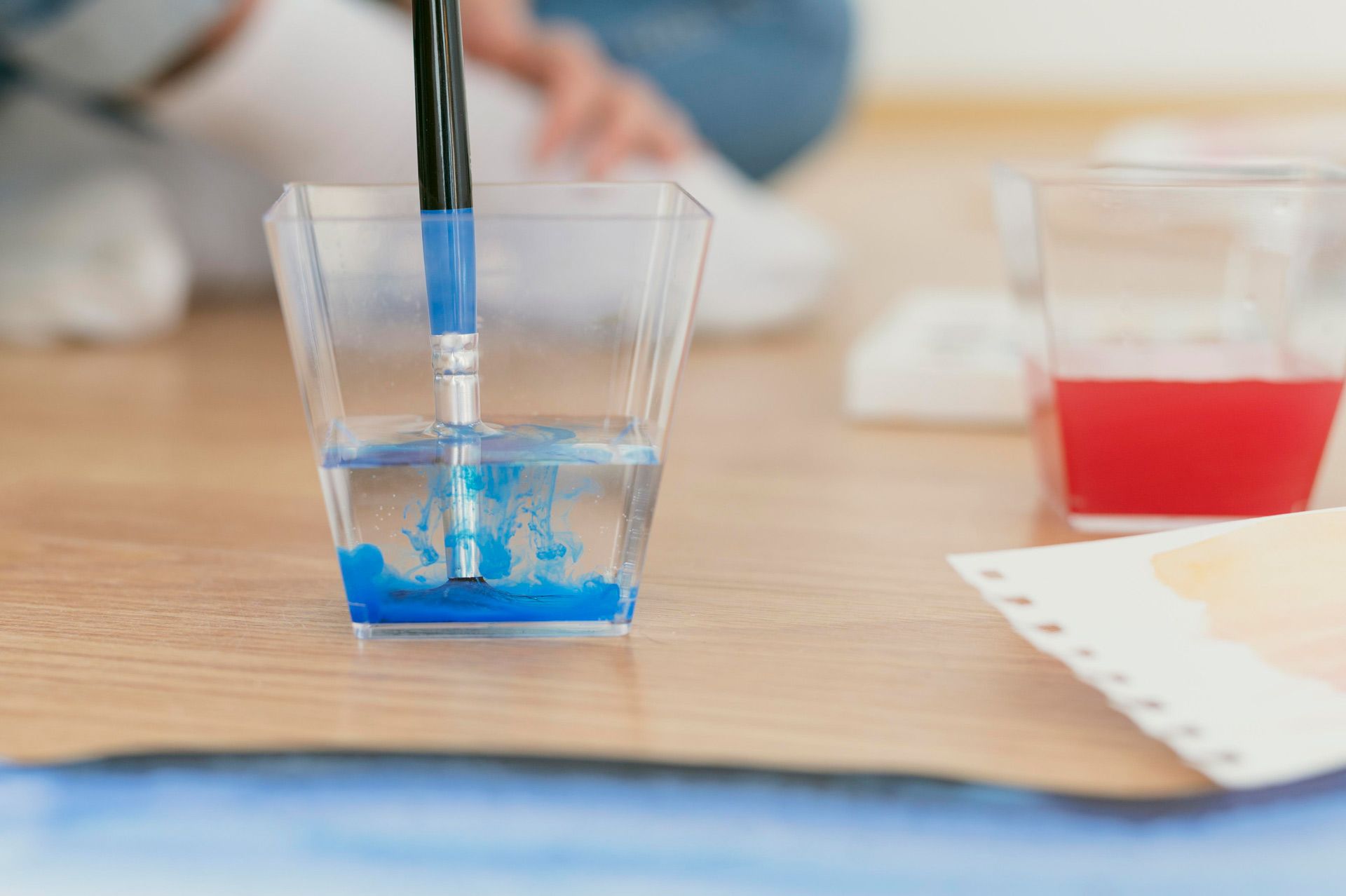Alleviating Skin & Hair Issues Caused by Hard Water in Westfield, Indiana
October 19, 2025
Introduction
You step out of the shower and notice your skin feels dry, itchy, and tight. Your shampoo doesn’t lather well, and your hair seems dull or brittle no matter what conditioner you use.
If you live in Westfield, Indiana, this might not just be your products — it could be your water. Hard water is a common issue across Central Indiana, and it can have a big impact on skin and hair health.
In this article, we’ll explore what hard water is, why it causes these issues, and the best solutions for Westfield homeowners who want softer water and healthier skin and hair.
Understanding Hard Water and Its Effects
Hard water contains elevated levels of minerals, mainly calcium and magnesium. While safe to drink, these minerals create a variety of household challenges, including visible residue, scale buildup, and soap inefficiency.
How Hard Water Affects Skin
Hard water leaves behind a film of minerals on the skin, which can:
- Strip natural oils and cause dryness
- Aggravate eczema or other sensitive skin conditions
- Make soap and body wash harder to rinse, leaving residue
- Cause irritation and itchiness after showering
How Hard Water Affects Hair
The minerals in hard water interact with shampoo and conditioner, leading to:
- Dull, lifeless appearance because of mineral buildup
- Weighed-down strands that feel sticky or coarse
- Difficulty rinsing out product completely
- Color-treated hair fading faster
For Westfield residents, where water hardness levels are typically higher, these problems are common.
Water Treatment Solutions to Improve Skin and Hair
To fix the root cause, you need to address the minerals in your water. Here are common solutions that Westfield homeowners use:
Water Softeners
The most effective solution is a salt-based water softener. This system uses ion exchange to remove calcium and magnesium from water, leaving you with true soft water.
Benefits include:
- Softer, smoother skin
- Shinier, more manageable hair
- Longer-lasting shampoo, conditioner, and soap
- Cleaner fixtures and less scale buildup
Salt-Free Conditioners
If you prefer not to use salt, salt-free systems can reduce the effects of hardness by changing the mineral structure so they don’t adhere to skin, hair, or plumbing.
These systems:
- Require less maintenance
- Are environmentally friendly
- Don’t add sodium to water
Shower Filters
For renters or those not ready for a whole-house system, shower filters can be a quick win. These reduce chlorine and some mineral content right at the showerhead, improving skin and hair feel immediately.
Step-by-Step Guide to Solving Hard Water Problems
Follow these steps to restore healthy skin and hair in your Westfield home:
- Get Your Water Tested
Measure your water’s hardness level (grains per gallon or ppm). This helps you understand how severe the issue is. - Identify Your Goals
Are you mainly concerned with skin and hair comfort, protecting plumbing, or both? This will guide the system you choose. - Compare System Options
Salt-based softeners for full hardness removal, salt-free conditioners for reduced scale, or point-of-use shower filters for a targeted solution. - Consider Your Household Size
Larger families may need higher-capacity softeners to keep up with water demand. - Plan for Maintenance
Water softeners require salt refills and occasional service. Choose a system you can maintain comfortably. - Schedule Installation with a Local Expert
Professional installation ensures proper sizing, placement, and performance for your Westfield home.
Frequently Asked Questions
Is hard water bad for your skin long-term?
Yes, over time it can cause persistent dryness, irritation, and flare-ups for those with sensitive skin.
Does a water softener really make skin softer?
Yes. Removing calcium and magnesium prevents the mineral film that causes dryness and irritation.
Can I use a shower filter instead of a water softener?
Shower filters can help temporarily, but they won’t solve hard water issues throughout the house or protect appliances.
How hard is the water in Westfield, Indiana?
Many homes in the area measure 10–20 grains per gallon, which is considered very hard water and a good candidate for softening.
Will softened water affect drinking taste?
Some people notice a slight taste difference, but most find softened water more pleasant. Potassium chloride can be used if sodium is a concern.
Conclusion
Hard water is more than just an annoyance — it affects your comfort, your confidence, and even the lifespan of your appliances.
For Westfield homeowners, installing a water softener or other treatment solution can dramatically improve skin hydration, reduce irritation, and restore hair’s shine and manageability. By testing your water, comparing systems, and working with a trusted local provider, you can enjoy the benefits of soft water every day.


